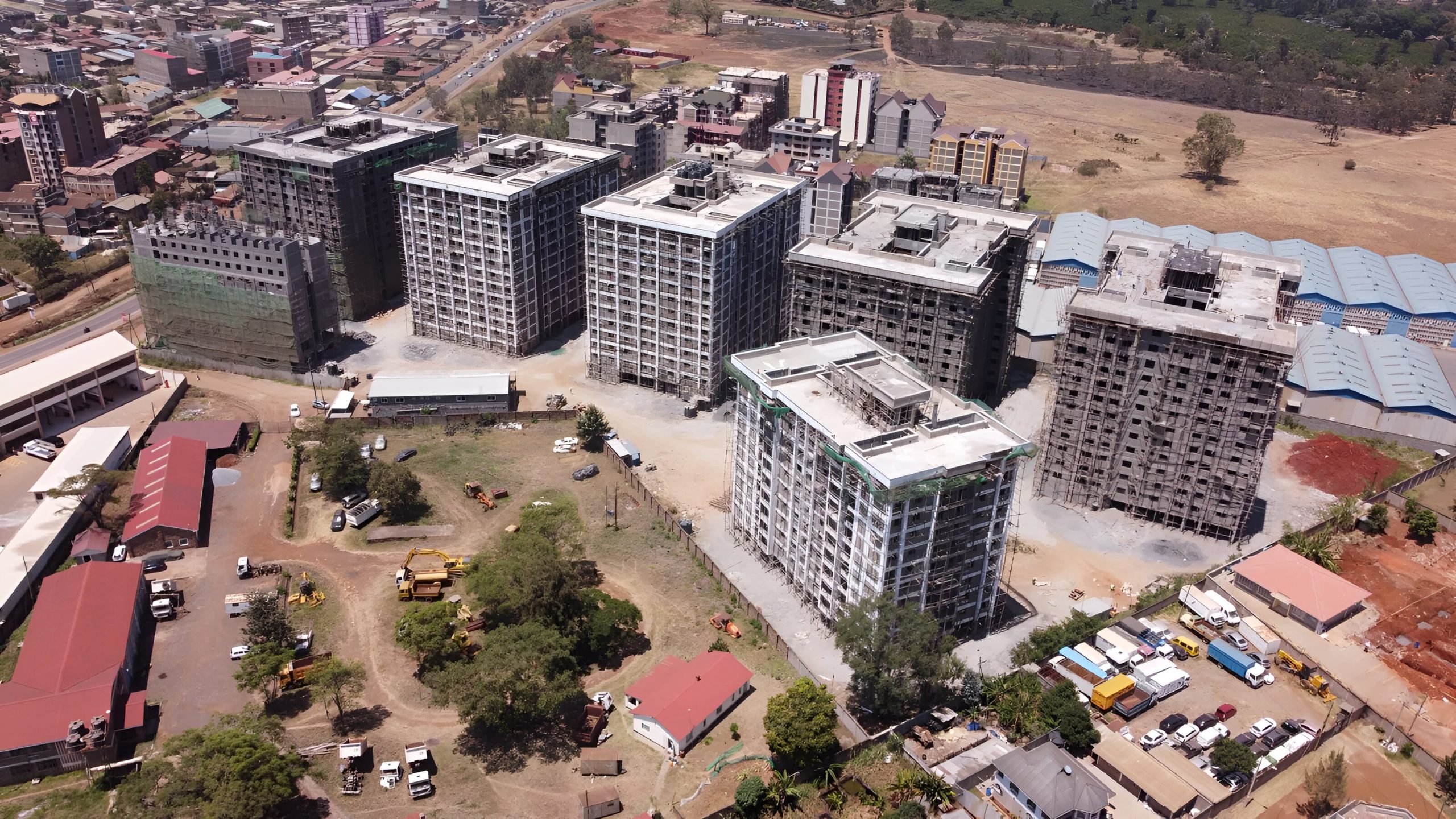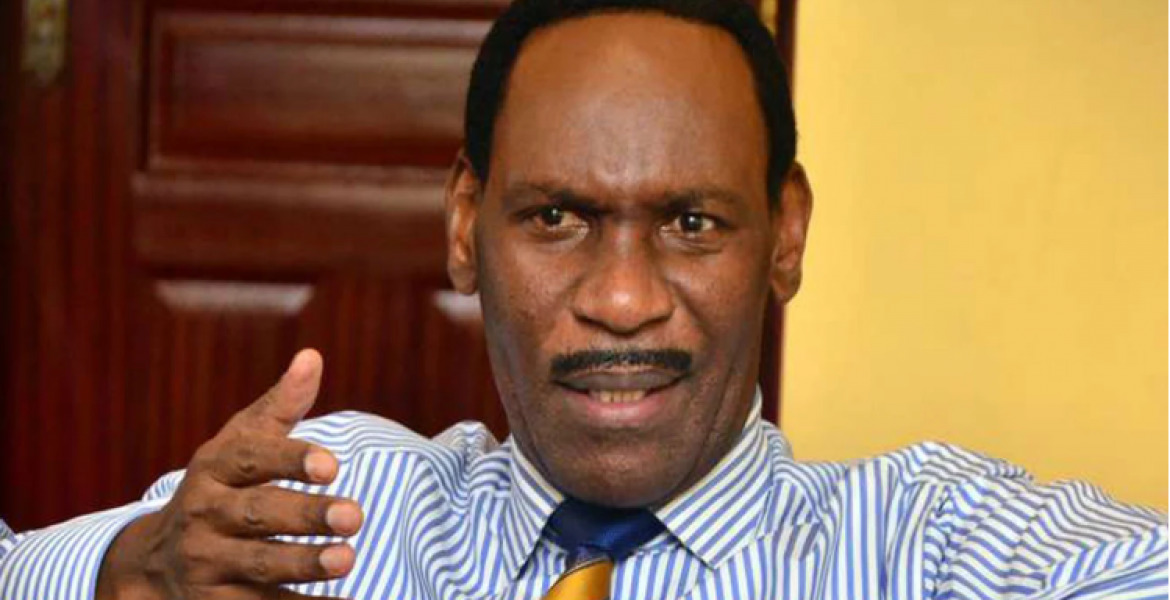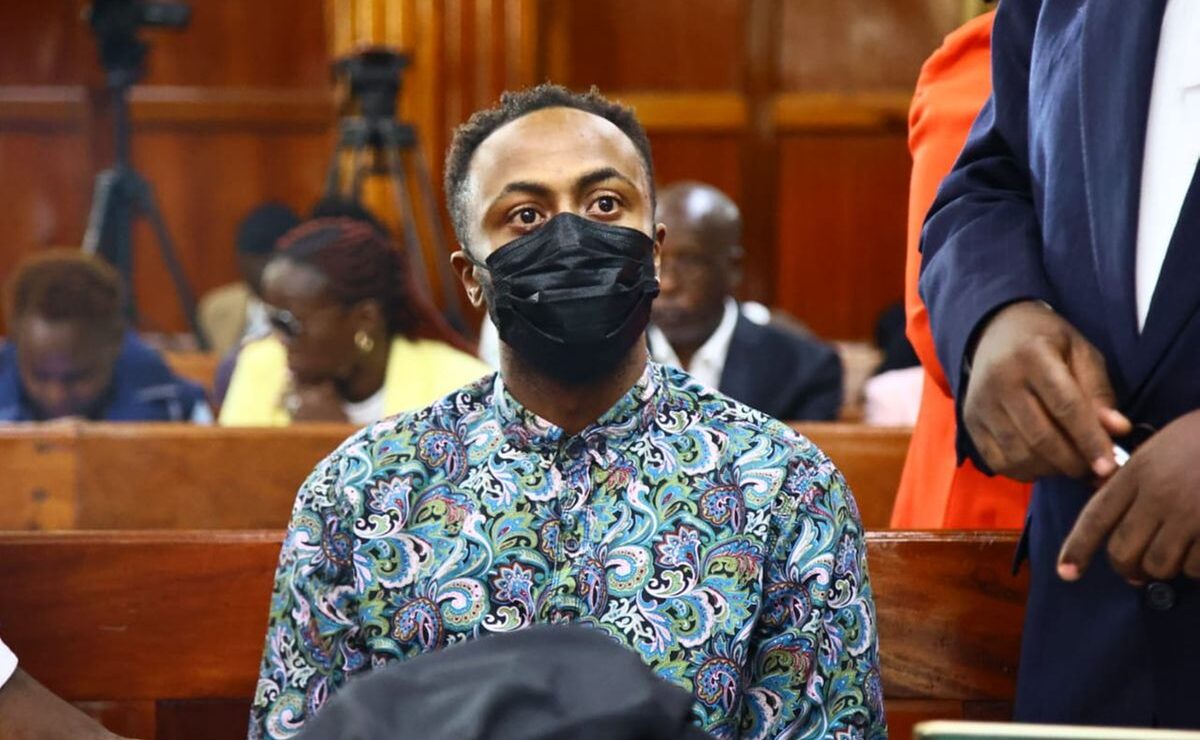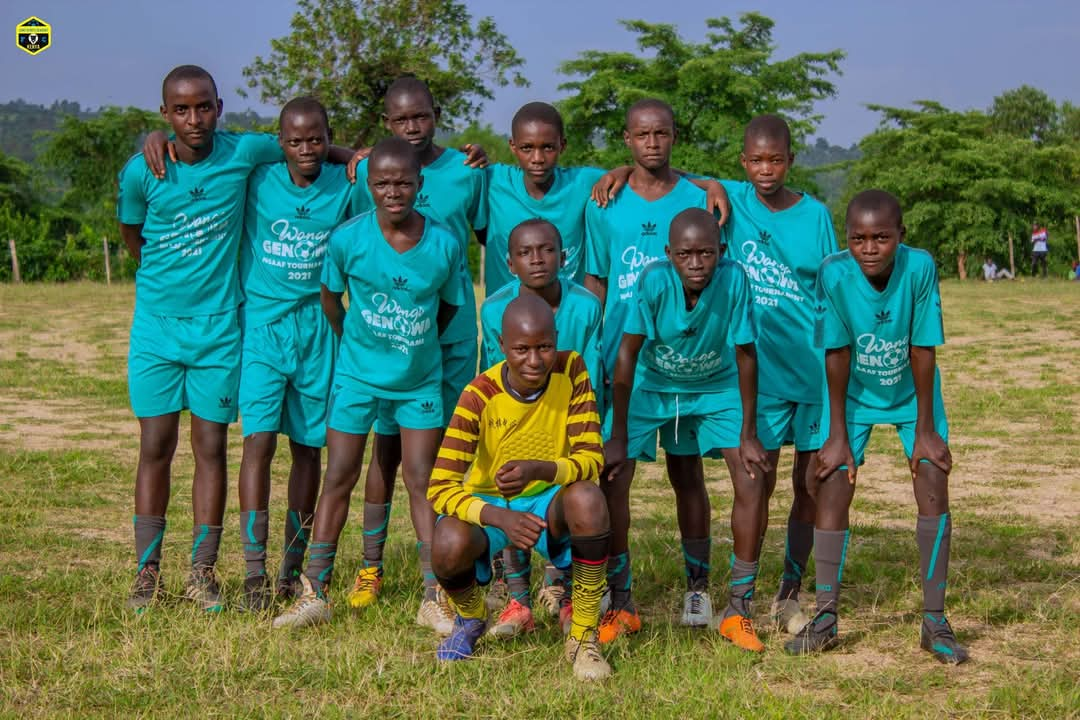ICYMI: 5 Former County Governors were Facing Corruption Charges in Court This Week
Five former county governors are expected in court this week to face corruption charges. The cases, which are being prosecuted by the Ethics and Anti-Corruption Commission (EACC), shed light on the pervasive issue of corruption that has plagued various levels of government in Kenya.
The former county bosses include Mike Sonko, Ferdinand Waititu, Moses Lenolkulal, Mwangi wa Iria, and Okoth Obado.
The cases are as follows:
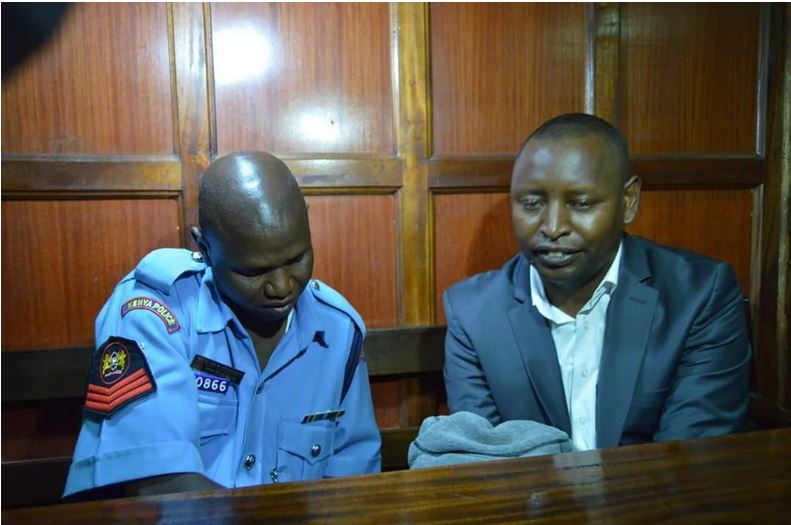
- Moses Kasaine Lenolkulal: A suit for the recovery of Sh80 million. The amount in question is alleged to be the proceeds of corruption, specifically engaging in a conflict of interest by trading with the County Government of Samburu while serving as the Governor. The former governor is accused of trading with the county government through his business Oryx Service Station.
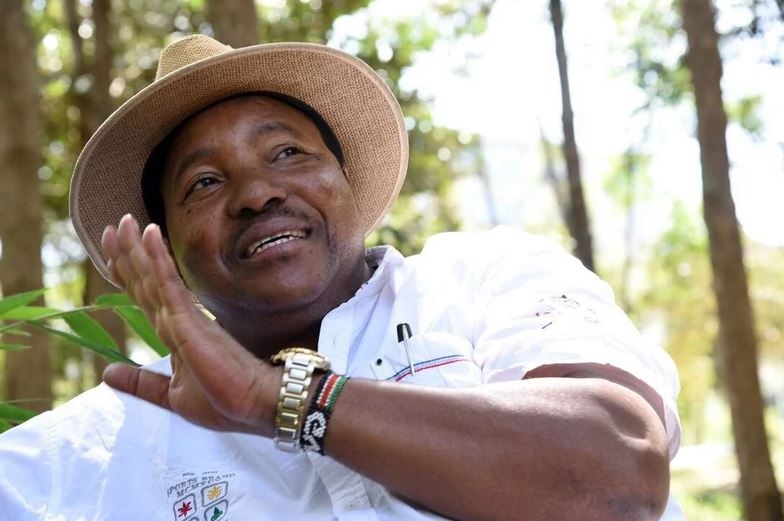
- Ferdinand Waititu and Testimony Enterprises: A suit for the recovery of Sh144 million. The funds in question arose from a road construction contract that was awarded through an irregular procurement process.
- Mike Mbuvi Sonko and 16 Others: Charged with conflict of interest. The allegations revolve around a conspiracy to embezzle Sh24.1 million from the County during Sonko’s tenure.
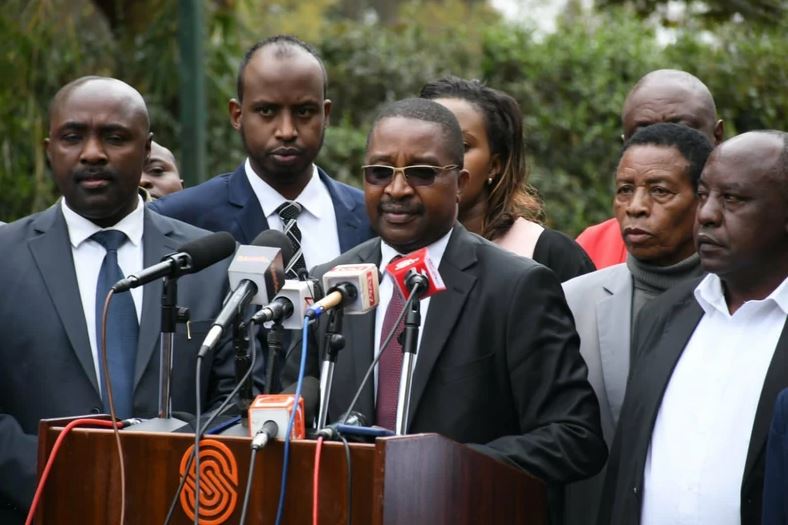
- Francis Mwangi Wa Iria and 7 Others: A suit for the recovery of Sh547 million. The funds in question were allegedly paid to Top Image Media Services, a company associated with the former Governor of Murang’a County. The contracts awarded to the company were allegedly obtained through conflicts of interest. Additionally, the case seeks the recovery of two parcels of land purchased using the proceeds of corrupt conduct.
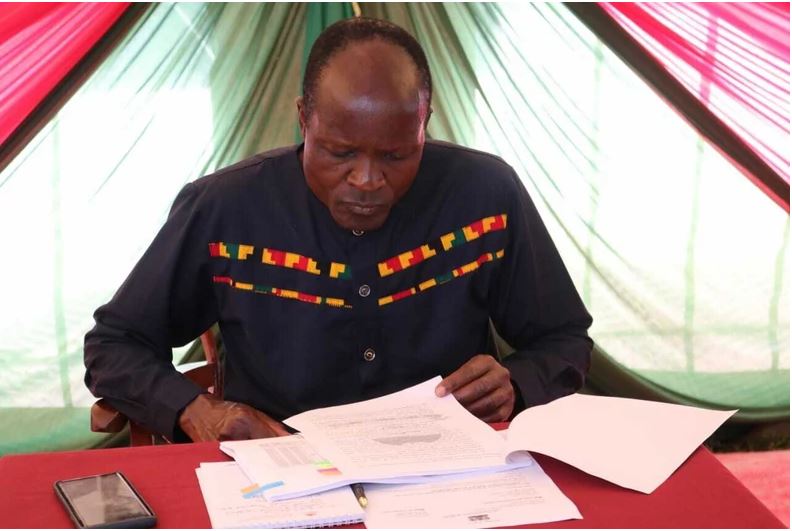
- Zakaria Okoth Obado and 19 Others: A suit for the recovery of assets valued at Sh73.5 million. These assets are alleged to have been acquired from the proceeds of procurement contracts with the County Government of Migori.
The cases are a reminder of the pervasive issue of corruption in Kenya. It is important to hold those in power accountable for their actions, and to ensure that the proceeds of corruption are recovered.
The EACC has been praised for its efforts to prosecute corruption cases. However, more needs to be done to ensure that the cases are successful. The EACC needs to be adequately funded and supported by the government. Additionally, the judiciary needs to be impartial and independent.


